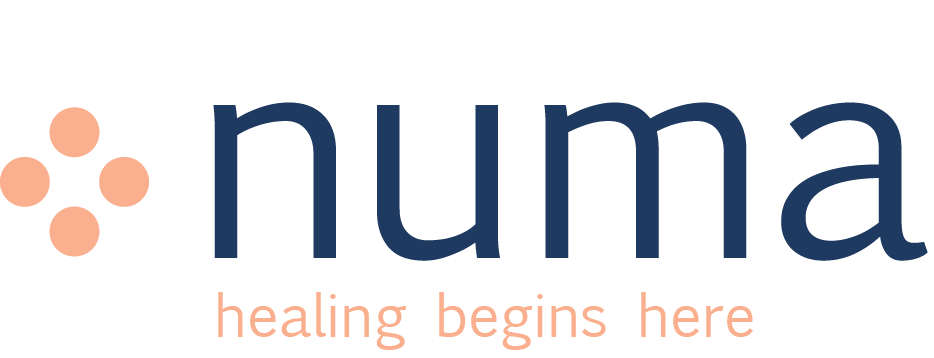The heart is one of the most central and important organs of the body. So, of course, alcohol and substance abuse affects the heart, too. Your heart health can influence the way your mind and body function. When these certain neurological and biochemical changes take place in a person’s body after prolonged alcohol and substance […]
Are you in the middle of an active addiction to alcohol or drugs?
Let’s face it. It can feel difficult to see a way out of the addiction cycle. Even though you have a desire to live a life free of substance abuse, the psychological and physical hold that these alcohol and drugs can have over somebody can present challenges in overcoming your addictive behaviors.
Fortunately, there’s hope for you and your journey towards addiction recovery. At Numa Recovery Centers, we genuinely believe that Los Angeles residents deserve to have a quality addiction treatment program that is focused on their individual needs for healing and supports personal growth toward accomplishing their goals for addiction recovery.
Remember that your alcohol or drug addiction is unique to you and progresses later. Your healing journey should take time for you to obtain long-term addiction recovery. On top of that, we genuinely believe that your treatment program should take place over a long period that supports you in each phase of our full continuum of care. This guarantees you have the complete levels of care that you need as you heal from and conquer your addiction history.
We invite our patients to participate in the following levels of care when they decide to undergo addiction treatment within our Los Angeles detox and rehab center.
- Inpatient rehab
- Medical detox
- Outpatient treatment programs
- Aftercare programs and planning
Participating in our integrated approach to healing will support you in healing from all the underlying causes of your addictive behaviors while offering you opportunities to build vital life skills and coping tools for relapse prevention to allow you to safely conquer any triggers and keep your new life of addiction recovery.
Checking In
When you first arrive at a detox and rehab program in Los Angeles, staff members will start by completing an intake interview to learn more about you. This is a crucial step in the rehab procedure, as this info will be used to customize your treatment plan.
Be ready to answer different questions honestly. While talking about your life, your decisions, and your substance use can be challenging. However, you must remember that accurate details will help the staff create a program best fit for you and your needs.
The Detox
After the initial assessment, you must go through the detox process. Remember that detox is the process of eliminating alcohol and drugs from the body after extended use. This can be a complex process for some, but it’s essential to cleanse the body of such substances so you’re ready both mentally and physically for the work that lies ahead in rehab.
Therapy
Several types of therapies will be utilized throughout your recovery process. This will depend on your needs and the rehab program you’re attending.
- Individual Therapy
Here, you will work with a mental health specialist in one-on-one sessions. During those sessions, you will take an honest look at yourself, your addiction, and the impact your addiction has had on your entire life.
- Family Counseling
Studies have proven that having friends and family in the recovery process substantially enhances rehab outcomes. That being said, most addiction rehab facilities in Los Angeles provide family therapy as part of their rehab program.
- Group Therapy
Group therapy is considered the cornerstone of most rehab centers in Los Angeles. Group members, led by a professional therapist, discuss their challenges, experiences, and progress with addiction recovery. Other groups focus on particular stages of recovery, while some offer support for people who have mental health problems (such as social anxiety or difficulty managing anger).
Aftercare Planning
Toward the end of your time in a detox and rehab center in Los Angeles, you and your counselor will come up with a good continuing care plan according to the progress up to that point. Keep in mind that aftercare can substantially lessen alcohol and drug relapse rates. That makes it a crucial component of your treatment.
Moreover, your plan will often involve medical and social support services. It may also involve transitional housing, such as a sober living home, counseling and follow-up therapy, alumni support groups, medical evaluations, and other lifestyle changes to help you cope with real-life triggers that may lead to relapse.
Final Thoughts
If you’re coping with a substance or drug use disorder, it is important that the needed help. It is just natural to feel scared or intimidated. However, remember that rehab is intended to help you accomplish lasting recovery.
If you are currently considering rehab as an alternative, you might take the first step by talking to your therapist, doctor, social worker, or counselor, or by calling NUMA Recovery Centers for more details.
What is Aftercare? Aftercare programs are one of the most important parts of the recovery process. They include any type of care offered after the detox or residential treatment. Now that you’re sober, aftercare programs focus on how to keep it that way. They offer tools, strategies, resources, and support networks to make sure you […]
Opioid misuse has reshaped the landscape of public health in the United States, touching urban, suburban, and rural communities alike. In cities like Los Angeles—where access to prescription medications is widespread and stressors are high—opioid addiction has become an ongoing crisis that affects individuals, families, and the healthcare system at large. Many people still associate […]



